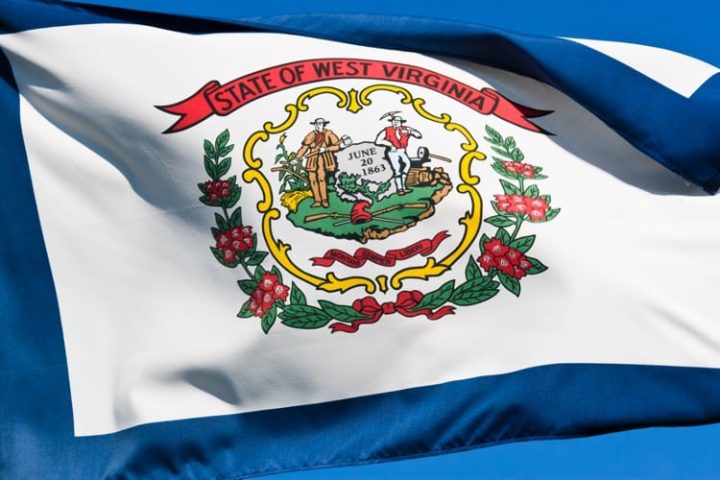
On Thursday, West Virginia State Treasurer Riley Moore announced the first Restricted Financial Institution List. Moore named five financial institutions on the list — BlackRock Inc., Goldman Sachs Group Inc., JPMorgan Chase & Co., Morgan Stanley, and Wells Fargo & Co. — because the state believes that they are “engaged in boycotts of fossil fuel companies.”
In January, state lawmakers passed Senate Bill 262, which authorizes the state treasurer to create a list of banks that the state will not do business with if those banks pursue anti-fossil fuel policies.
The list only disallows state contracts with the banks. They are still able to do business in the state.
“As Treasurer, I have a duty to act in the best interests of the State’s Treasury and our people when choosing financial services for West Virginia,” Moore said in a statement. “Any institution with policies aimed at weakening our energy industries, tax base and job market has a clear conflict of interest in handling taxpayer dollars.”
The list had initially included six institutions, but U.S. Bancorp was removed from the list after they eliminated policies against financing coal mining, coal power, and pipeline construction from their Environmental and Social Risk Policy.
Any bank can be removed from the list if it “demonstrates that it has ceased all activity that boycotts energy companies.”
“Each financial institution placed on the Restricted Financial Institution List today has published written environmental or social policies categorically limiting commercial relations with energy companies engaged in certain coal mining, extraction or utilization activities, rather than considering the financial or risk profile for each company,” Moore said. “These policies explicitly limit commercial engagement with an entire energy sector based on subjective environmental and social policies.”
A spokesperson for JPMorgan told Reuters that Moore and the list were “disconnected from the facts.”
West Virginia’s new policy would seem to be a salvo against banks who insist on doing business according to an institution’s environmental, social, and corporate governance (ESG) score, which ostensibly measures risks associated with an organization’s commitment to left-wing environmental, social, and governance policies.
ESG scores can be thought of as a good way for banks to measure how well an institution, a state, or a country is adapting to measures that global elites deem essential to combat climate change, create LGBTQ-friendly policies, and maintain “sustainable” farming practices.
For example, the governments of Sri Lanka and the Netherlands have excellent ESG scores, but both nations are now currently in crisis over inflation, civil unrest, and (in the case of Sri Lanka) food shortages.
“While the ‘Environmental, Social and Governance’ or ‘ESG’ movement might be politically popular in California or New York, financial institutions need to understand their practices are hurting people across West Virginia,” Treasurer Moore said. “I simply cannot stand by and allow financial institutions working against West Virginia’s critical industries to profit off the very funds their policies attempt to diminish.”
Moore was more blunt on Twitter:
“This is how we beat ESG. We will not sit by and let banks boycott the lifeblood of our state. Banks on the Restricted Financial Institutions will be banned from banking contracts with the state of West Virginia,” Moore wrote. “Props to US Bank for changing their policies — keep fighting!”
Killing coal — undoubtedly a goal of the climate change movement — could, essentially, kill West Virginia as well. A 2019 report from the West Virginia University College of Business and Economics shows that the coal industry generated $13.9 billion in total economic activity in the state and supports nearly 33,000 jobs.
West Virginia could collapse without its coal industry — and that’s why the state won’t do business with banks that are actively working for that collapse to occur.




